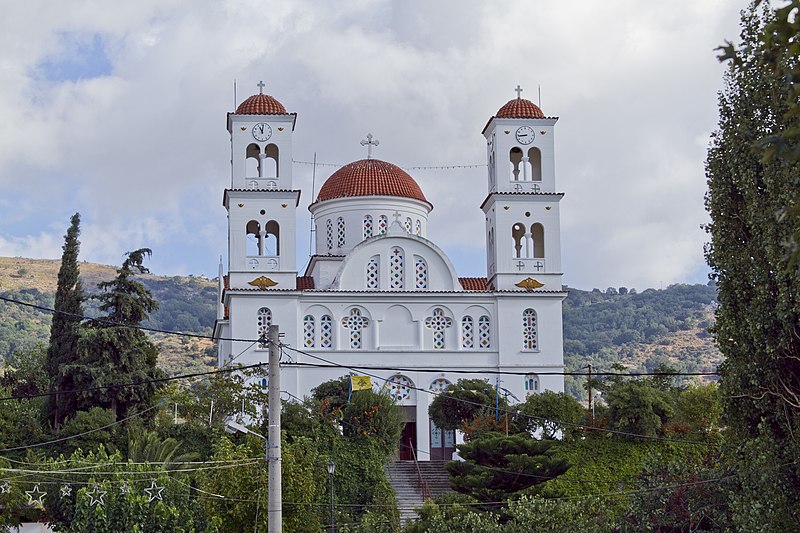
German President Frank-Walter Steinmeier made a heartfelt appeal for forgiveness on Thursday during a visit to the village of Kandanos on Crete, which was devastated by Nazi forces during
their World War II occupation of Greece.
Steinmeier is the first German head of state to visit Kandanos, a village that stands as a symbol of the brutal Nazi repression.
“I ask for forgiveness from the survivors and descendants for the grave crimes committed by Germans here,” Steinmeier said.
The village was razed to the ground on June 3, 1941, as a reprisal for the deaths of 25 German paratroopers and troops at the hands of the Greek resistance. The destruction occurred just days after Nazi forces had captured the island. Kandanos is one of approximately 120 "martyr villages" across Greece, recognized for the atrocities committed there.
Acknowledging German Guilt
Steinmeier described Kandanos as a "place of German shame," emphasizing how challenging it was for him as a German president to confront that history.
“The brutality, cruelty, and inhumanity of the German occupiers leave me breathless, especially today,” he said. “And yet, despite everything, you extended the hand of reconciliation. For that, I am deeply grateful.”
The German president expressed regret over the post-war German governments' failures, acknowledging that Germany had "dragged its heels for decades" in addressing and punishing these crimes. He criticized earlier administrations for having "looked the other way and remained silent."
Steinmeier was met in Kandanos by survivors of the Nazi occupation. Among them was 97-year-old Despina Fiotaki, dressed in mourning black, who recalled the horror. “The Germans burned us, they destroyed us,” she told AFP, describing the "dark days" of the occupation.
A Painful Legacy and Calls for Justice
The German occupation of Greece from 1941 to 1944 was marked by extreme violence, famine, and the extermination of 90% of the Greek Jewish community. The Nazis also imposed a forced loan on Greece’s central bank that has never been repaid.
Steinmeier’s visit reignited calls for wartime reparations from Germany. Prime Minister Kyriakos Mitsotakis declared on Wednesday that the demand for reparations “remains alive.” “We hope that at some point we will find a resolution,” he added.
However, Steinmeier maintained Berlin's stance that the issue of reparations is “settled under international law.” Despite this, he reaffirmed Germany’s commitment to its “historic responsibility” for the occupation's atrocities.
Honoring the Memory of the Fallen
During the visit, Steinmeier and his wife Elke Büdenbender laid a wreath at the Memorial to the Executed of Kandanos. Addressing the crowd, he stressed the importance of remembering the past to prevent history from repeating itself.
“We must keep the memory of these events alive so that what happened here never happens again,” Steinmeier emphasized.
The somber yet significant visit served as both a recognition of past wrongs and a moment to reflect on the enduring wounds that the Nazi occupation left in Greece. Photo by trolvag, Wikimedia commons.



































